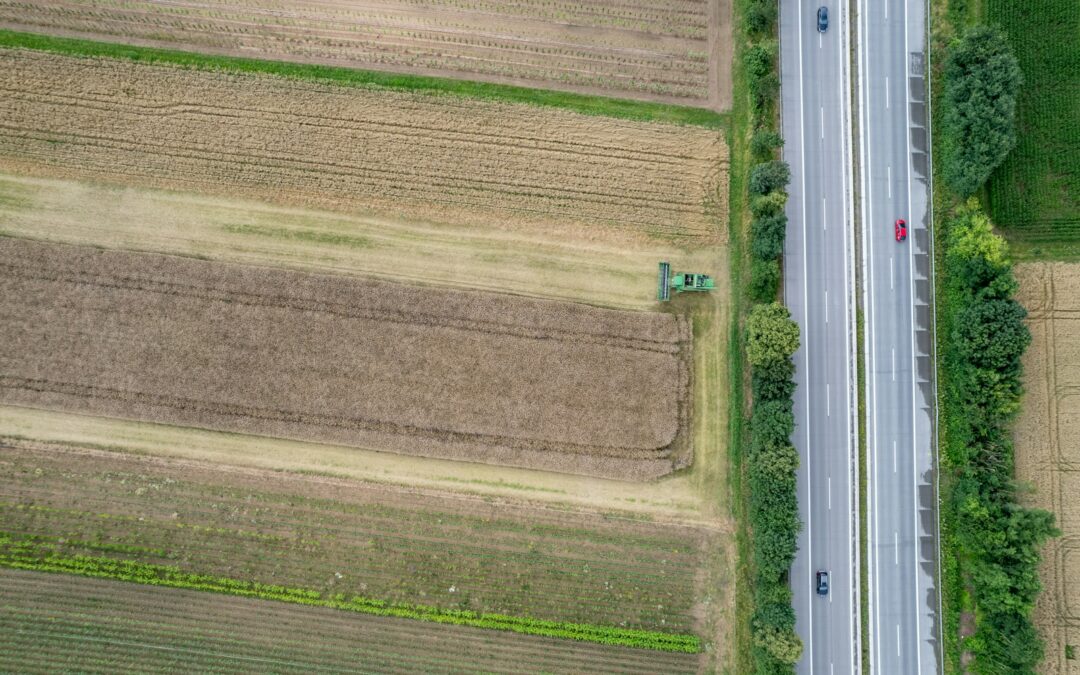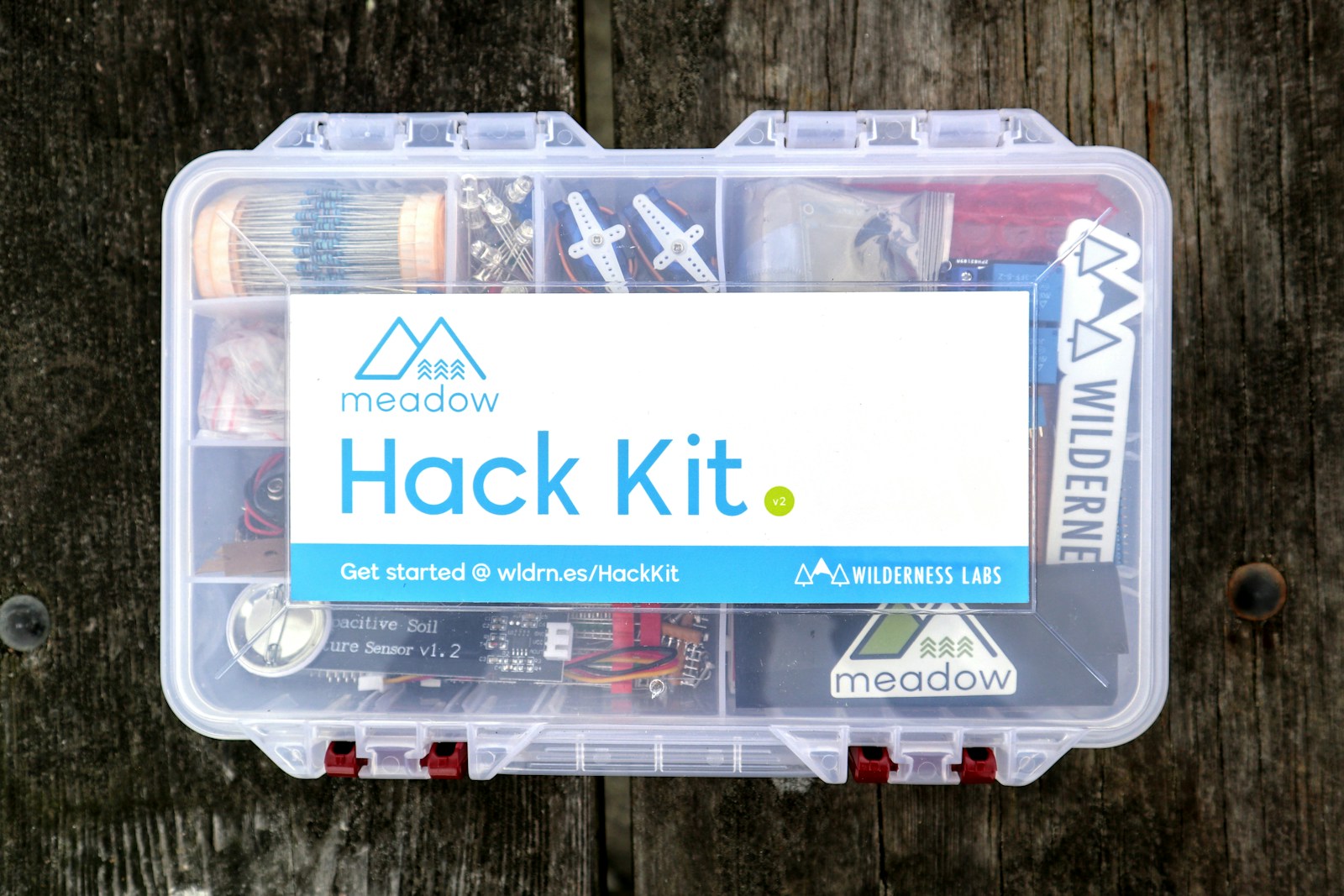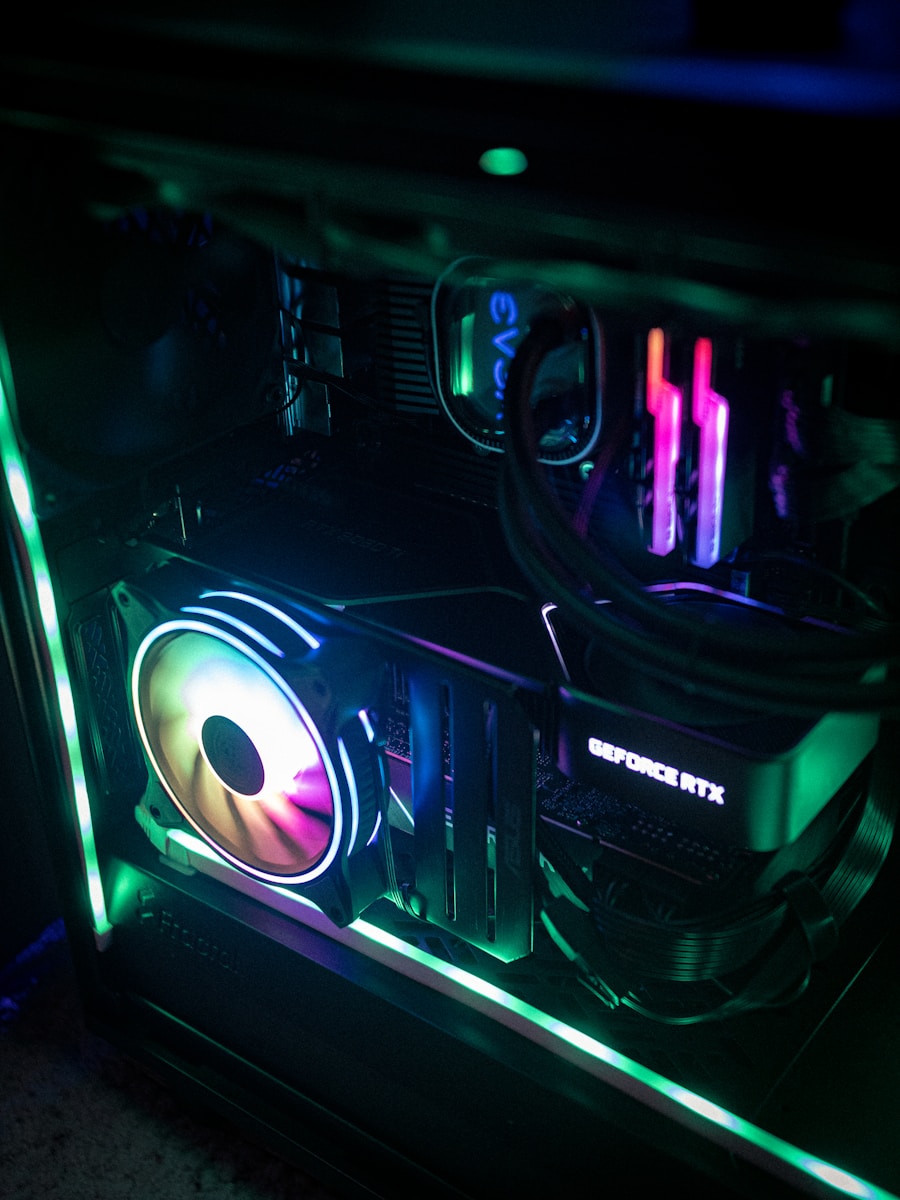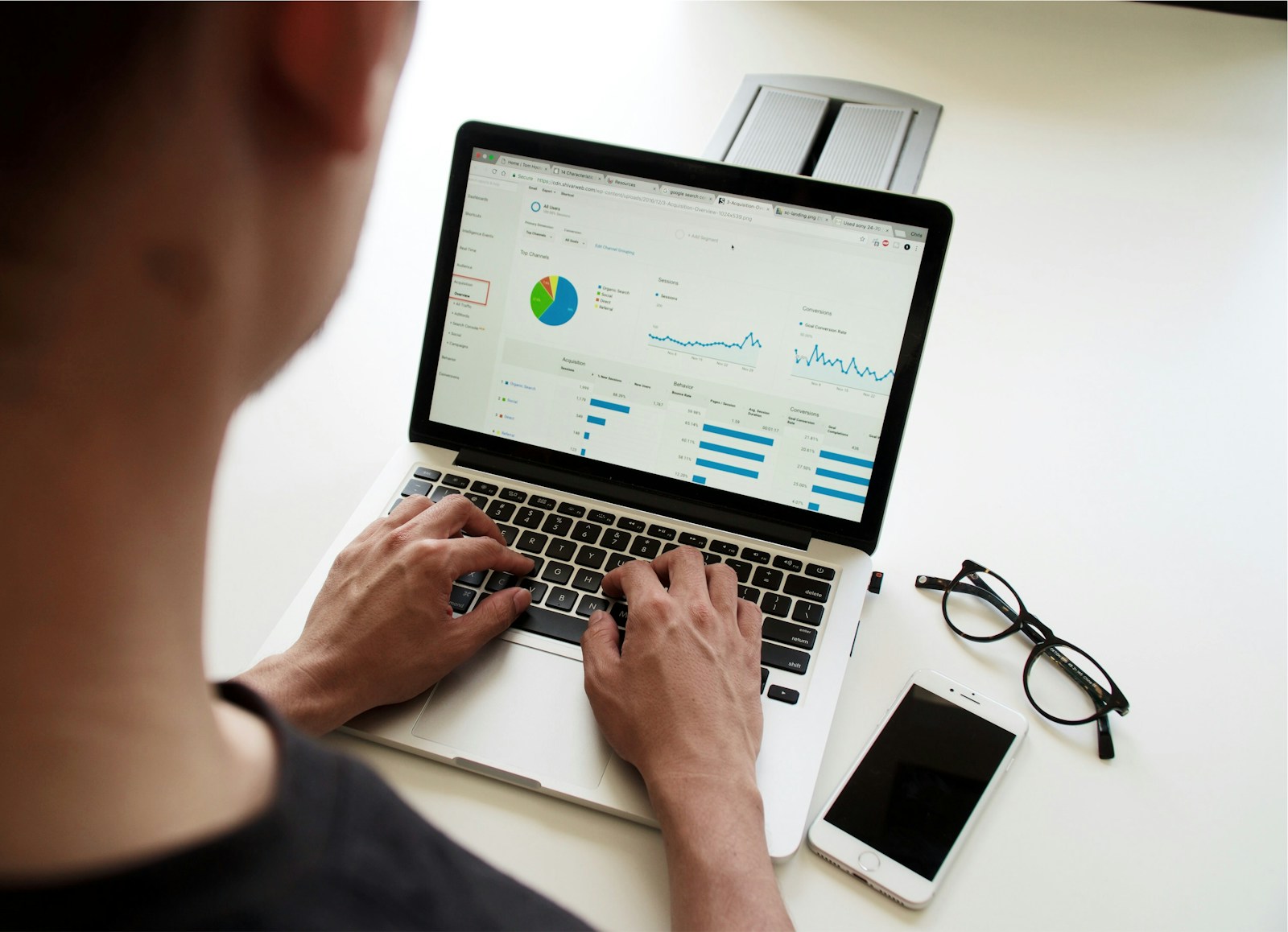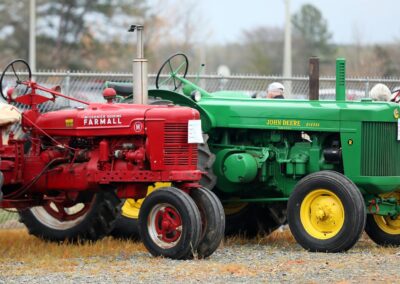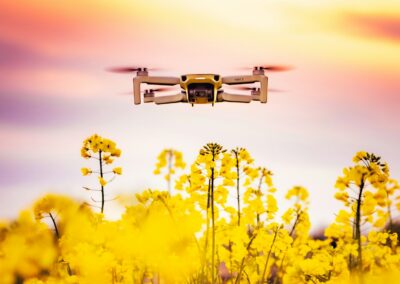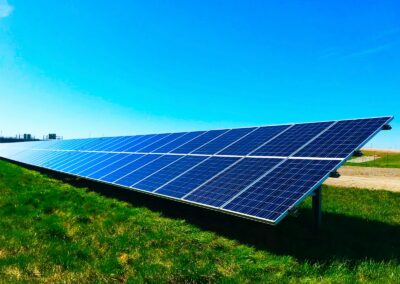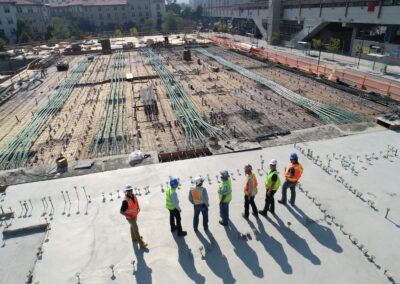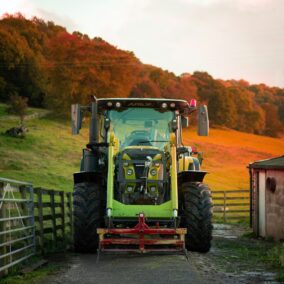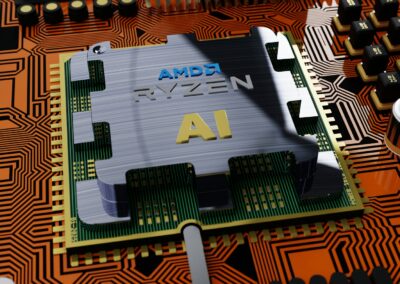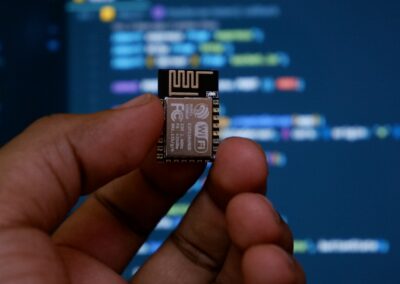The Revolution of Precision Farming Through IoT Integration
Enhancing Crop Management and Yield
The integration of IoT systems in precision farming has revolutionized the agricultural landscape, particularly in large-scale projects aimed at optimizing crop management and yield. By deploying IoT sensors across vast farmlands, farmers in regions like Saudi Arabia and the UAE can monitor soil moisture, temperature, and nutrient levels in real-time. This data-driven approach enables precise irrigation and fertilization, reducing waste and enhancing crop productivity. For instance, in a large-scale agricultural project in Riyadh, IoT technology has been instrumental in achieving a significant increase in crop yield by ensuring that plants receive the exact amount of water and nutrients they need at the right time.
Improving Livestock Management
IoT systems are not only beneficial for crop management but also play a critical role in improving livestock management. By integrating IoT devices with advanced analytics, farmers can monitor the health and behavior of their livestock in real-time. In Dubai, for example, smart collars equipped with IoT sensors provide continuous health data on cattle, enabling early detection of diseases and ensuring timely veterinary care. This proactive approach to livestock management enhances animal welfare and productivity, leading to higher quality produce and greater economic returns for farmers. The ability to track and analyze livestock data also helps in optimizing breeding programs and improving overall herd management.
Optimizing Resource Utilization
Resource optimization is a key benefit of integrating IoT systems in precision farming. In large-scale agricultural projects, efficient use of resources such as water, fertilizers, and energy is crucial for sustainability and profitability. IoT-enabled systems provide farmers with detailed insights into resource usage, allowing for more efficient allocation and conservation. In Saudi Arabia, where water scarcity is a significant concern, IoT technology has been used to develop smart irrigation systems that minimize water usage while maximizing crop output. By monitoring environmental conditions and adjusting irrigation schedules accordingly, these systems help conserve water resources and reduce operational costs.
Strategic Benefits and Future Potential of IoT in Agriculture
Enhancing Decision-Making with Data Analytics
The integration of IoT systems in precision farming generates vast amounts of data that can be leveraged to enhance decision-making. Advanced data analytics and artificial intelligence (AI) algorithms process this data to provide actionable insights and predictive analytics. In the UAE, smart farming initiatives utilize IoT data to predict crop diseases and pest infestations, allowing farmers to take preventive measures before significant damage occurs. This data-driven approach to farming not only improves productivity but also reduces the reliance on chemical pesticides, promoting more sustainable agricultural practices.
Facilitating Traceability and Transparency
Blockchain technology, when integrated with IoT systems, offers significant advantages in terms of traceability and transparency in the agricultural supply chain. By recording every transaction and movement of agricultural produce on a blockchain, farmers can ensure the authenticity and quality of their products. In Dubai, for instance, blockchain-enabled IoT systems are used to track the journey of produce from farm to table, providing consumers with verifiable information about the origin and handling of their food. This transparency builds consumer trust and opens up new market opportunities for farmers by meeting the increasing demand for traceable and ethically produced food.
Promoting Sustainable Agricultural Practices
Sustainability is a growing concern in agriculture, and IoT technology plays a pivotal role in promoting environmentally friendly farming practices. Precision farming techniques supported by IoT systems help minimize the environmental impact of agriculture by reducing resource waste and optimizing inputs. In Riyadh, large-scale agricultural projects have implemented IoT-driven solutions to monitor and manage water usage, soil health, and crop conditions, contributing to more sustainable farming practices. These initiatives not only enhance the long-term viability of agriculture but also align with global sustainability goals, positioning the region as a leader in smart and sustainable farming.
Conclusion: The Strategic Importance of IoT in Precision Farming
The integration of IoT systems in precision farming offers transformative benefits for large-scale agricultural projects. By enhancing crop and livestock management, optimizing resource utilization, and leveraging data analytics, IoT technology significantly improves agricultural productivity and sustainability. In regions like Saudi Arabia, the UAE, Riyadh, and Dubai, where innovation in agriculture is crucial for food security and economic growth, investing in IoT systems is imperative. The strategic implementation of IoT not only addresses current agricultural challenges but also paves the way for future advancements in smart farming. As technology continues to evolve, the integration of IoT in precision farming will undoubtedly play a crucial role in shaping the future of agriculture, ensuring food security, and promoting sustainable practices globally.
—
#IoTSolutions #PrecisionFarming #SmartAgriculture #Agritech #AIinFarming #BlockchainAgriculture #SustainableFarming #SmartCities #TechnologyIntegration #BusinessSuccess #LeadershipSkills #ProjectManagement #SaudiArabia #UAE #Riyadh #Dubai

